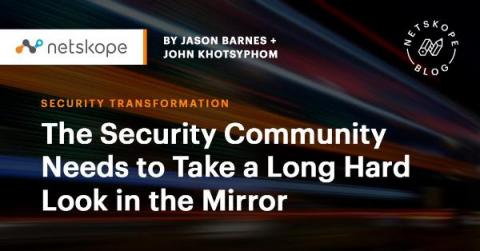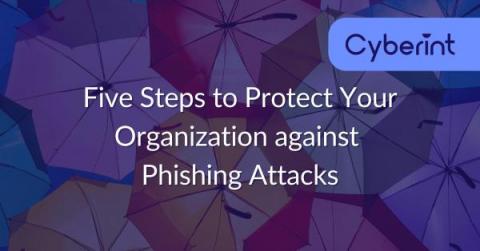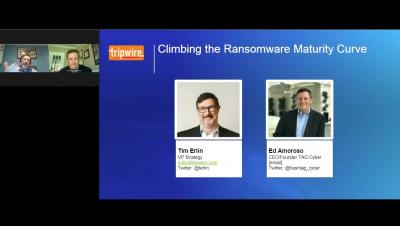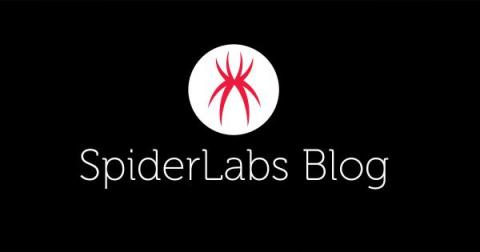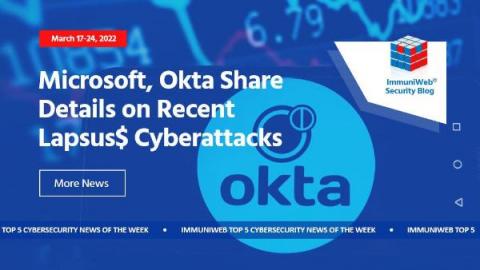7 ways to defend against a credential stuffing attack
This blog was written by an independent guest blogger. Credential stuffing attacks essentially doubled in number between 2020 and 2021. As reported by Help Net Security, researchers detected 2,831,028,247 credential stuffing attacks between October 2020 and September 2021—growth of 98% over the previous year. Of the sectors that did experience credential stuffing during that period, gaming, digital and social media, as well as financial services experienced the greatest volume of attacks.



